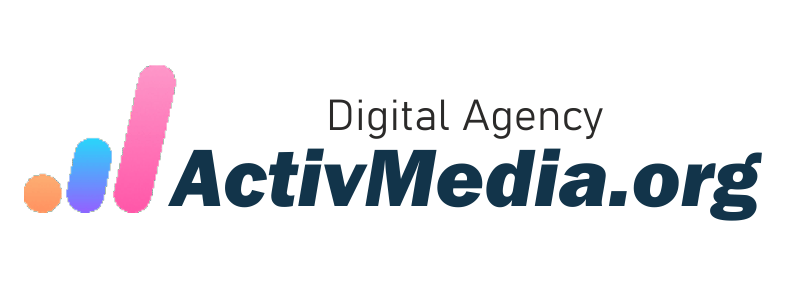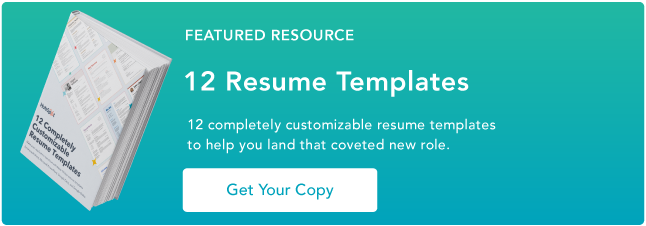How Far Back Should a Resume Go? Everything You Need to Know
- 30. Juli 2023
- Blog, News, Web Service
With an uncertain job market, having a resume that stands out, is tailored to the job, and is well-put together has never been more critical. Here, we will guide you on how far back your resume should go when revising and editing it.
With an uncertain job market, having a resume that stands out, is tailored to the job, and is well-put together has never been more critical. Here, we will guide you on how far back your resume should go when revising and editing it.
The guidance varies depending on your experience, what roles you’re applying to, and the types of jobs you would want.
Data shows that nearly one-quarter (24%) of hiring managers spend less than 30 seconds looking at a resume.
This means you should only include the more relevant information and job experiences to highlight why you’re the best fit for the job.
Here is our guide on how far back your resume should go.
How Far Back Should a Resume Go?
Should I include academic work?
How far back should a resume go?
Data shows the average resume is 489 words long, with 380 words being roughly the single-page resume cutoff point.
This means that you have to think critically about what to include and highlight relevant experience while tailoring the resume to the role you’re applying to.
So, how far back should your resume go? When is high school experience relevant? Gig work? It depends on the role and how much experience you have.
For Entry-Level Roles
When you’re applying to entry-level roles, your concern might not be having too much to add to your resume but instead not having enough.
For entry-level roles, you should include relevant coursework, internships, and volunteer opportunities that show your skills and what you’ve learned in these experiences.
This can also include positions in student organizations, babysitting experience, part-time and summer roles, and volunteering experiences that you have.
Hiring managers understand that you’re applying for an entry-level role, and this might be the first time you’re looking for a full-time position.
Here you can strengthen your resume with relevant experience and prove a willingness to learn and work.
For Mid-Level Roles
Mid-level roles generally require five years to 10 years of experience, depending on your job and industry. For mid-level roles, you add more experience and tailor your resume to the roles you want.
If you haven‘t already, you want to phase out your high school experience and focus on the more recent growth. You shouldn’t include every single experience you’ve had.
Rather, begin to tailor and cull your experience on your resume to show growth and relevant skills.
For Senior Roles
For senior-level roles, the rule of thumb here is to include your work experience from generally between 10 to 15 years. Your resume should be more tailored, meaning you shouldn’t list your high school job or even your first entry-level role.
When applying to managerial and leadership positions, you should show dedicated growth in your roles while also remembering that hiring managers will want to look at a tailored and focused resume.
Also, it’s important and relevant to note that when you don’t go further than 15 years of experience, you lessen the possibility of age discrimination.
Should I include gig work?
The short answer to this question is yes. You’d be hard-pressed to find someone who doesn’t have a side hustle, with new data reporting that 40% of Americans have a side hustle.
Relevant gig and freelance work can showcase different skills than you might have from your full-time role.
Including your gig and freelance work with relevant skills and takeaways strengthens your positions and experiences.
This is especially true if the gig work that you’re doing provides you with the skills that hiring managers are looking for in the roles you’re applying to.
Should I include academic work?
This guidance varies depending on the nature of your academic work. If you’re applying to academic roles, you should want to showcase possible publications, patents, and papers.
If you’ve just graduated from college, you might want to include relevant coursework and what you learned.
Once you gain experience in a few jobs and internships, you can remove your academic work. Recruiters and hiring managers will be looking for relevant job experience and the skills you’ve gained.
Employers are still interested in degrees and showcasing higher education, so you can add a section showcasing those at the bottom of your resume.
Just remember your resume’s real focus is highlighting your career growth and the value you can bring to your potential employers.
Workshopping Your Resume
Refreshing and revisiting your resume requires taking a critical look at your experience, understanding the role you’re applying for, and ensuring you’re only including recent and relevant experience.
![]()
Über uns und diesen Blog
Als digitales Marketingunternehmen liegt unser Fokus darauf, unseren Kunden in verschiedenen Bereichen zu großartigen Ergebnissen zu verhelfen.
Fordere ein Angebot an
Unsere professionellen SEO-Dienstleistungen helfen Websites dabei, ihre organische Suchplatzierung drastisch zu verbessern und auch bei stark umkämpften Keywords um die Top-Rankings zu konkurrieren.



![→ Download Now: 12 Resume Templates [Free Download]](https://www.activmedia.org/wp-content/uploads/40ab881fcb04352fe97a1c8bc3ad3b9d.png)



![wordwoo[1] Wotrdpress und Woocommertce](https://www.activmedia.org/wp-content/uploads/2016/01/wordwoo1-400x330.jpg)








